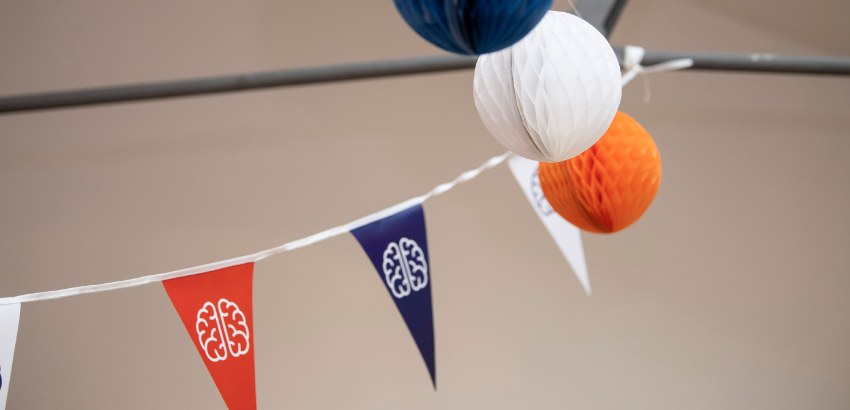
Ideas for celebrating Black History Month in your lab
October is Black History Month in the UK. Black History Month is an opportunity to share, celebrate and understand the impact of black heritage and culture – here are our ideas of how to celebrate the month in your lab.
Here are a few ideas to get you started:
1. Host a lunch with food from African and Caribbean cultures
Bring in food and host a lunch to share recipes from African and Caribbean cultures and facilitate conversation and learning.
2. Organise a Black History Month book club
Celebrate often unheard, diverse narratives and voices of black authors with a book club and expand your team’s horizons through literature. Rather than focussing on plot points in your discussions, use the opportunity to explore different perspectives and challenge assumptions in a friendly and supportive environment. Looking for book ideas? Try these suggestions:
- Anti-Racist Books to Read and Reread by Penguin Random House
- The Black PhD Experience: Stories of Strength, Courage and Wisdom in UK Academia edited by William Ackah, Jacqueline Darkwa, Wayne Mitchell, De-Shaine Murray and Madina Wane.
3. Support black-owned businesses
Switching lab suppliers or getting lunch and meeting snacks from black-owned businesses is another great way to get your lab team involved with a #buyblack campaign for Black History Month. You can also support BlackInNeuro by buying in a few of these branded mugs:
4. Identify areas for improvement that go beyond Black History Month
Black History Month is a great way to get started and shine a light on unheard voices and experiences. Use this time to come up with ways to create a safe and supportive environment for black colleagues. Here are some resources to support you in taking action:
- Bowden, A.K., Buie, C.R. Anti-Black racism in academia and what you can do about it. Nat Rev Mater 6, 760–761 (2021). https://doi.org/10.1038/s41578-021-00361-5
- On Becoming an Anti-Racist University: Principles and recommendations for universities from Black Engineering faculty by Black In Engineering
5. Volunteer with black-led charities
Consider organising team volunteer days with black-led charities linked to the research your lab does, e.g. a black-led cancer support charity.
Do not burden your black colleagues in aid of Black History Month!
It is important to note here that pressure isn't put on black colleagues to do more work as part of Black History Month. It is not the responsibility of black colleagues to be responsible for educating the lab team, rather it is the responsibility of the workplace, leadership and wider team to take action to create a more inclusive, safe and supportive environment where everyone can thrive.
Why is Black History Month important?
People from African and Caribbean backgrounds have been part of British history for centuries, yet their stories have often been overlooked or misrepresented. Black History Month is an opportunity to start conversations in your lab about the contributions of black people within science and more broadly within British society throughout history. It is an opportunity to encourage two-way conversations about race so that we build relationships, rapport and trust among colleagues.
Find out how Black History Month began on the BBC website.
The British Society for Neuroendocrinology (BSN) is committed to creating a scientific society that celebrates equality, diversity and inclusion (EDI) among all its members. We carry out a biannual survey to monitor and track the effectiveness of our EDI practices.
Equality, Diversity and Inclusion at the BSN

